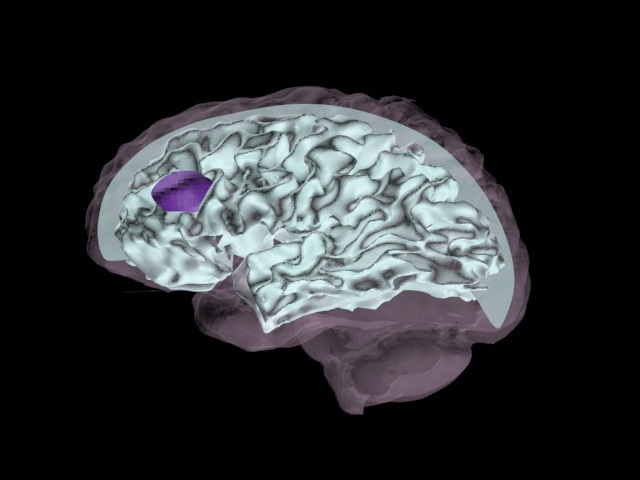Screen Time on Brain Function

In an era dominated by technology, the prevalence of screen time in our daily lives has become unavoidable. Whether it’s for work, education, or leisure, we find ourselves immersed in digital devices for extended periods. While technology has undoubtedly brought about numerous benefits, the impact of excessive screen time on brain function raises concerns. This article explores the intricate relationship between screen time and brain health, shedding light on the importance of finding a healthy balance.
Understanding the Brain-Technology Connection
1. Cognitive Overload and Multitasking
The human brain is an extraordinary organ capable of incredible feats. However, constant exposure to screens can lead to cognitive overload. Multitasking, a common practice in our digital age, places immense strain on the brain as it attempts to process and switch between various tasks simultaneously. This can result in decreased cognitive performance, affecting memory, attention span, and overall cognitive function.
2. Sleep Disruption and Circadian Rhythm
Excessive screen time, especially before bedtime, can disrupt sleep patterns and the circadian rhythm. The blue light emitted by screens inhibits the production of melatonin, a hormone crucial for regulating sleep. Prolonged exposure to screens in the evening can lead to difficulty falling asleep, poor sleep quality, and daytime fatigue, ultimately impacting cognitive function. For more information or to read all about the 7 best lions mane supplements, check out their page to learn more.

Finding a Healthy Balance
1. Implementing Screen Time Limits
Setting clear boundaries on screen time is essential for maintaining a healthy balance. Establishing guidelines for the amount of time spent on screens, both for work and leisure, can help mitigate the negative effects on brain function. Encouraging breaks and incorporating non-screen activities into daily routines can further support cognitive well-being.
2. Prioritizing Outdoor Activities
Balancing screen time with outdoor activities is crucial for overall brain health. Engaging in physical exercise, spending time in nature, and participating in social interactions offline contribute positively to cognitive function. These activities not only provide a much-needed respite from screens but also enhance mental well-being.
3. Mindful Technology Use
Practicing mindfulness in the use of technology is key to mitigating its impact on the brain. Being aware of screen time habits, taking intentional breaks, and incorporating mindfulness techniques can help reduce cognitive strain. Additionally, exploring digital well-being features on devices can aid in managing and controlling screen time effectively.
Conclusion
As we navigate the digital landscape, it is imperative to be cognizant of the impact of screen time on brain function. Finding a healthy balance involves recognizing the potential pitfalls of excessive screen use and implementing proactive measures to support cognitive well-being. By prioritizing activities that promote a harmonious relationship between technology and our brains, we can strive for a balanced and fulfilling life in the digital age.

